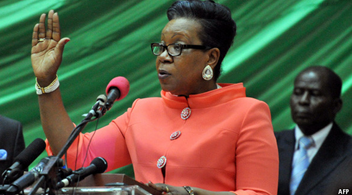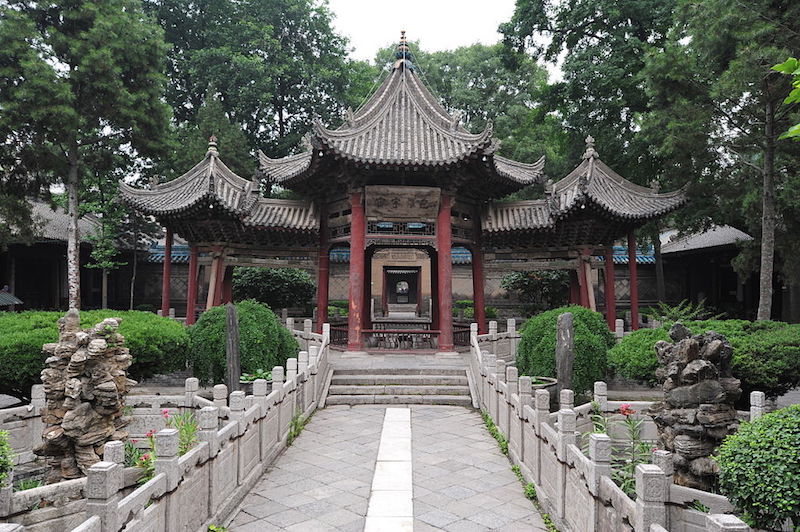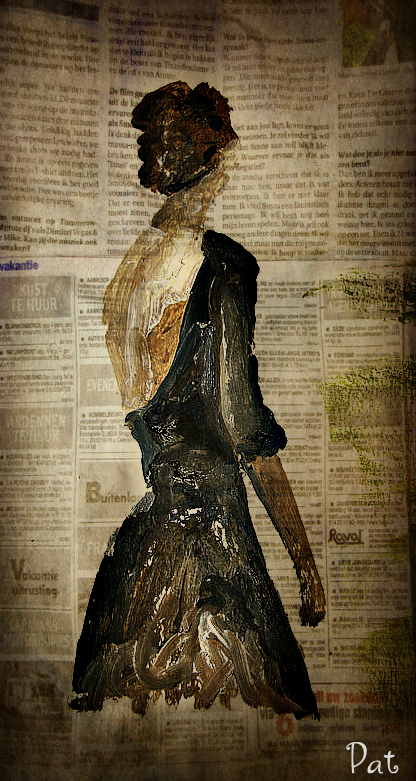[captionpix align=”right” theme=”elegant” width=”300″ imgsrc=”http://natoassociation.ca/wp-content/uploads/2014/04/ashley01.png” captiontext=”I think the presence of a woman at the head of the state in today’s context is fundamental – Catherine Samba-Panza”]
Amidst the forces of colonial powers, bloodthirsty mobs and violent killings, the heart of Africa has just made a historic decision. This past January, the Central African Republic, a country on the brink of genocide has recently elected their new interim leader, Catherine Samba-Panza. Africa now has three female heads of state including President Ellen Johnson Sirleaf of Liberia and Joyce Banda of Malawi. In addition to their gender, these three women have something else in common. As a recent Guardian article commented, each took office only to find herself putting out fires.
Despite the re-building and reconciliation of a war-ravaged Liberia and the political and economic chaos of Malawi, Catherine Samba-Panza no doubt has the most challenging obstacles ahead of her. Not since the Rwandan genocide of 1994 has the world been so poignantly reminded of the slaughters of thousands of Africans. The ethno-religious killing of thousands of Christians within the country is a sober reminder of a past our world has yet to learn from. All too reminiscent is the hate propaganda and the international community’s response – or lack thereof to the crisis. While most of the world fixates on Crimea’s right to self-determination and democracy, little attention has been paid to the mass killings witnessed in the Central African Republic and even less to the country’s newest leader.
[captionpix align=”left” theme=”elegant” width=”300″ imgsrc=”http://natoassociation.ca/wp-content/uploads/2014/04/ashley02.png”]
When speaking of the ‘gender gap’ and the breaking of ‘glass ceilings’ within areas of politics, business or finance, so much focus is paid to the United States and Western Europe. But what of Africa? According to the United Nations Entity for Gender Equality and the Empowerment of Women, as of July 2013, Sub-Saharan Africa had the largest political representation per region of female parliamentarians in the world. Furthermore, Rwanda, a country ravaged by civil violence, has the highest number of women parliamentarians worldwide. Women there have won 56.3 per cent of seats in the lower house. There are now three African female heads of state within the continent but both Canada and the United States have yet to see a female Prime Minister or President. In Hillary Clinton’s 2008 run for President, there was much social and political controversy over whether a woman could truly be the Commander in Chief of the armed forces. I think that Sirleaf and Banda’s progress in transforming their countries are evidence of a woman’s ability to lead not only socially and politically but militarily as well.
But even with the rise of African female representation, obstacles remain. For many African nations, gender-based violence, poverty and a history of stigmatization prevent many women from engaging in society, let alone politics. As Samba-Panza stated,
“The majority of my sisters and daughters in the Central African Republic don’t know their rights so they can’t defend them. But we who know our rights can help them. We must always help them: the battle is always to promote and protect the rights of women.”
The Women in Politics Map published this past January by the UN indicates that while worldwide political representation among women continues to rise, glass ceilings remain firmly in place for women at the highest levels of government. It is important to recognize that the barriers for women to political participation vary greatly between developed and developing nations. While lack of political socialization, childcare and traditional gender roles continue to prevent women in the Global North from pursuing political positions, a different set of factors prevent women in developing nations from obtaining the same opportunities. Access to education, healthcare and protection from violence against men within one’s own community is a daily struggle. It is not uncommon for each day to be a struggle to survive for many women around the world.
While Catherine Samba-Panza has a most difficult road ahead, it is inspiring for her country but also for those around the world to see a woman in politics rise up. One can only hope that the recent rise of women within African politics is but a glimpse of what global leadership will look like in years to come.
For more on this topic, see this documentary, Women Rising: Political Leadership in Africa commissioned by FEMNET and UNDP




